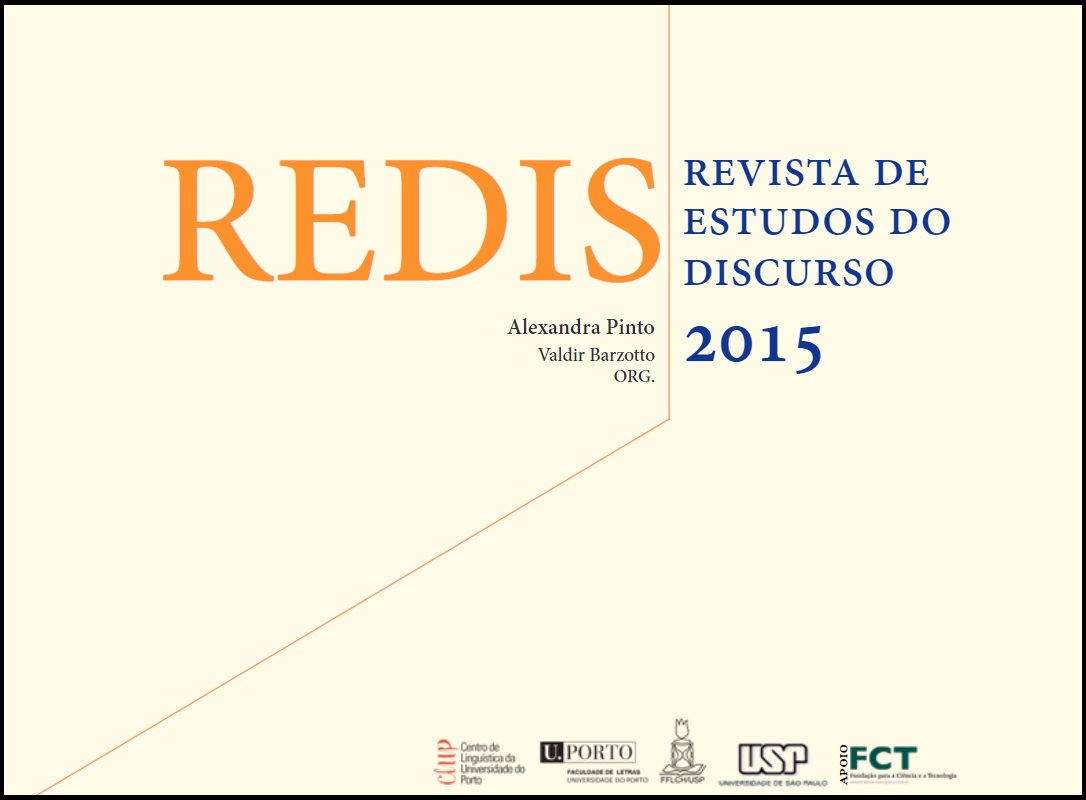Linguistic-rhetorical investigation of concession structures in a confrontational academic context
Abstract
Drawing from genre analysis, this article assumes a fundamental connection between the form of the texts that constitute a certain genre and their communicative purpose. Concession structures are prevalent in academic papers of all kinds, since they offer an excellent opportunity to allow the voice of others to be heard and confronted in the text. However, while in less confrontational papers concession structures act inside the limitations of politeness or the conventions of the genre, at the more confrontational pole, their conflictual potential is manifest. In this search for the linguistic manifestation of confrontation, a high-resolution microanalysis of concession structures was carried out. Findings show that this syntactic or textual form may contain various linguistic elements that serve to bolster the differences in opinions and make a criticism more direct and more personal, including pronouns, personal names, unspecific terms of reference, passive voice, hedging, intensifiers, direct negation and direct evaluation of self- and other’s arguments. The substantial distribution of concession structures with their evident confrontational potential in all kinds of academic papers may provide further indication of the argumentative and persuasive nature of this genre.
Downloads
Published
How to Cite
Issue
Section
License
Copyright (c) 2017 Redis: Revista de Estudos do discurso

This work is licensed under a Creative Commons Attribution 4.0 International License.
The authors give to REDIS. Revista de Estudos do Discurso the exclusive right to publish its texts, in any medium, including their reproduction and sale in paper or digital format, as well as their availability in a free access regime in databases.
















